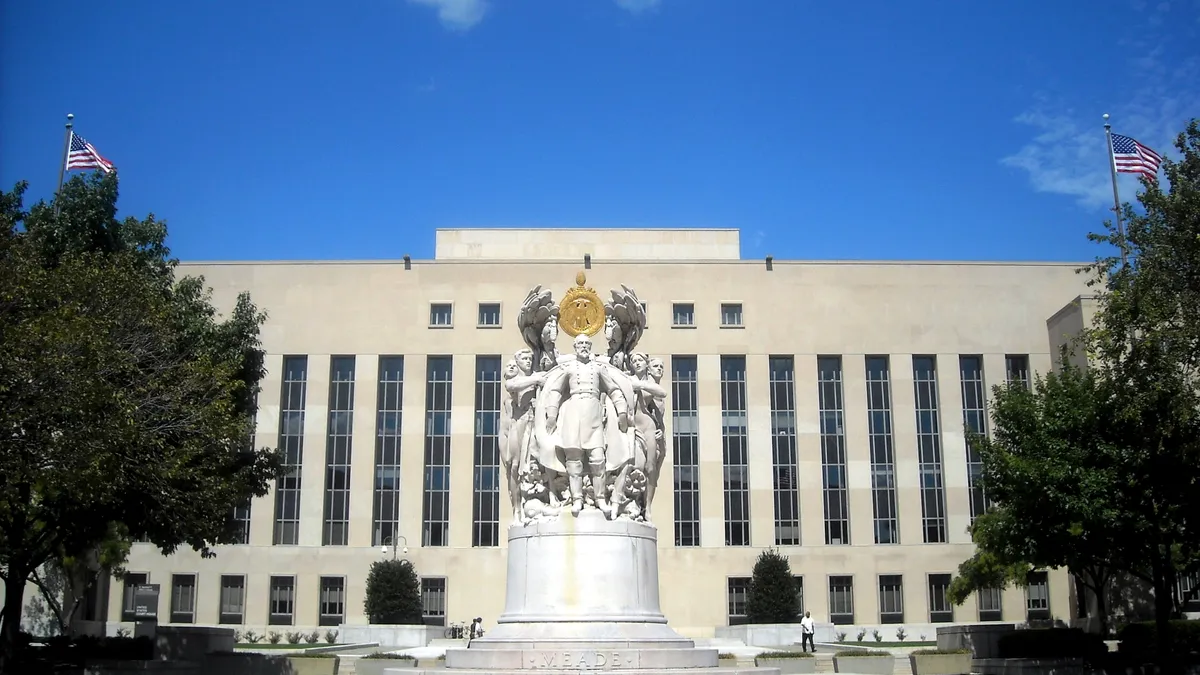Dive Brief:
- The U.S. Court of Appeals for the District of Columbia Circuit yesterday delayed oral arguments that had been slated for next month over Obama-era regulations on mercury and other harmful emissions from coal power plants.
- The federal government was scheduled to defend the Environmental Protection Agency's Mercury and Air Toxics Standards (MATS), issued in 2011, but the Trump administration asked to delay the proceeding as it reviews the mercury restrictions and considers rolling them back.
- The D.C. Circuit's decision is its second to delay an Obama-era environmental regulation as the Trump White House reviews it, coming two weeks after granting a similar request to delay litigation over tighter smog rules.
- Update: The D.C. Circuit on April 28 decided to delay a ruling on the Clean Power Plan, Obama's centerpiece climate regulation, after Trump asked the case be dismissed.
Dive Insight:
The D.C. Circuit's move to delay a hearing on the MATS rules will have little consequence for power generators. Most plants subject to the regulation are either in compliance or have retired, and the Supreme Court already passed on an opportunity to throw the rules out in 2015.
In that case, the court ruled the EPA did not properly consider costs as it wrote the early parts of the MATS rule, but the decision allowed the agency to go back and make changes without invalidating the regulation.
More than a dozen states joined generators and coal companies in challenging the rule again, leading to the D.C. Circuit hearing in question.
Opponents of the MATS rule oversteps EPA authority and imposes excessive costs on generators. About 200 plants were granted one-year extensions to the compliance deadline in 2015, but most have made upgrades or gone offline.
The request for a delay from the Trump administration comes as part of a series of moves to review Obama-era environmental regulations, including the Clean Power Plan and the Waters of the United States (WOTUS) rule.
The D.C. Circuit heard oral arguments on the CPP last year, leaving observers cautiously confident of the rule's survival. The White House asked the court in late March to refrain from issuing a decision while it reviews the rule, a request the judges granted on April 28.
This post has been updated to reflect the D.C. Circuit's decision on the Clean Power Plan case.















